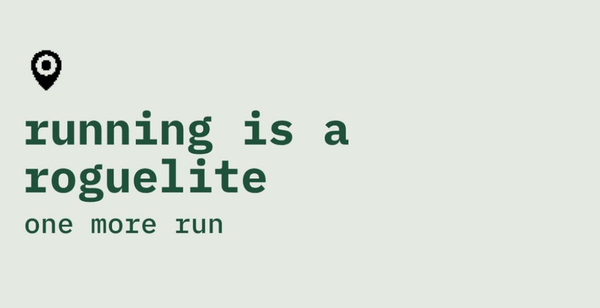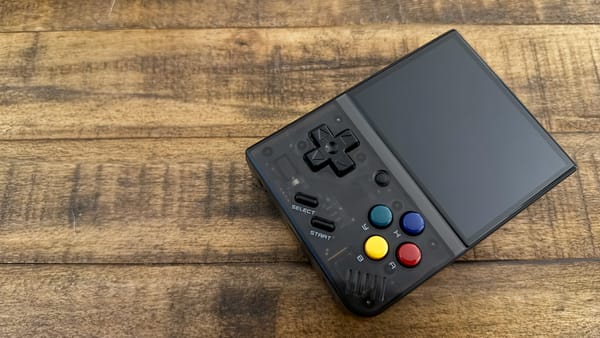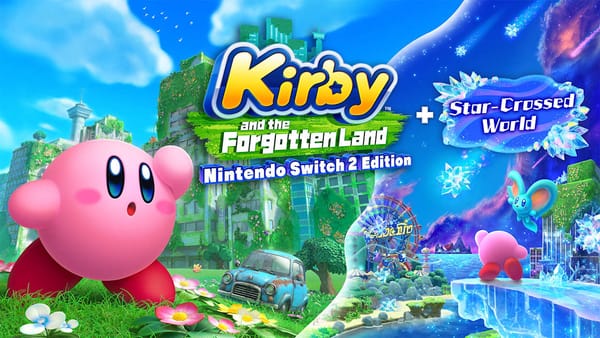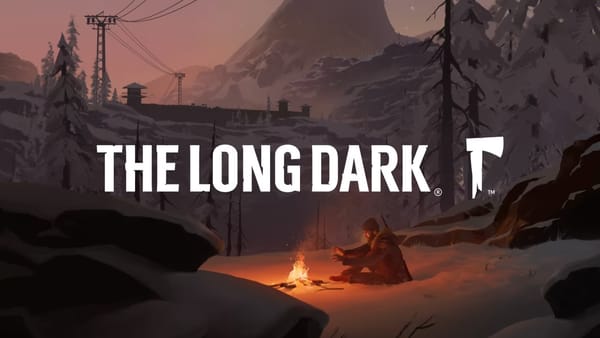Blue Prince is an obsession simulator
Why do my notes look like my novel revision?
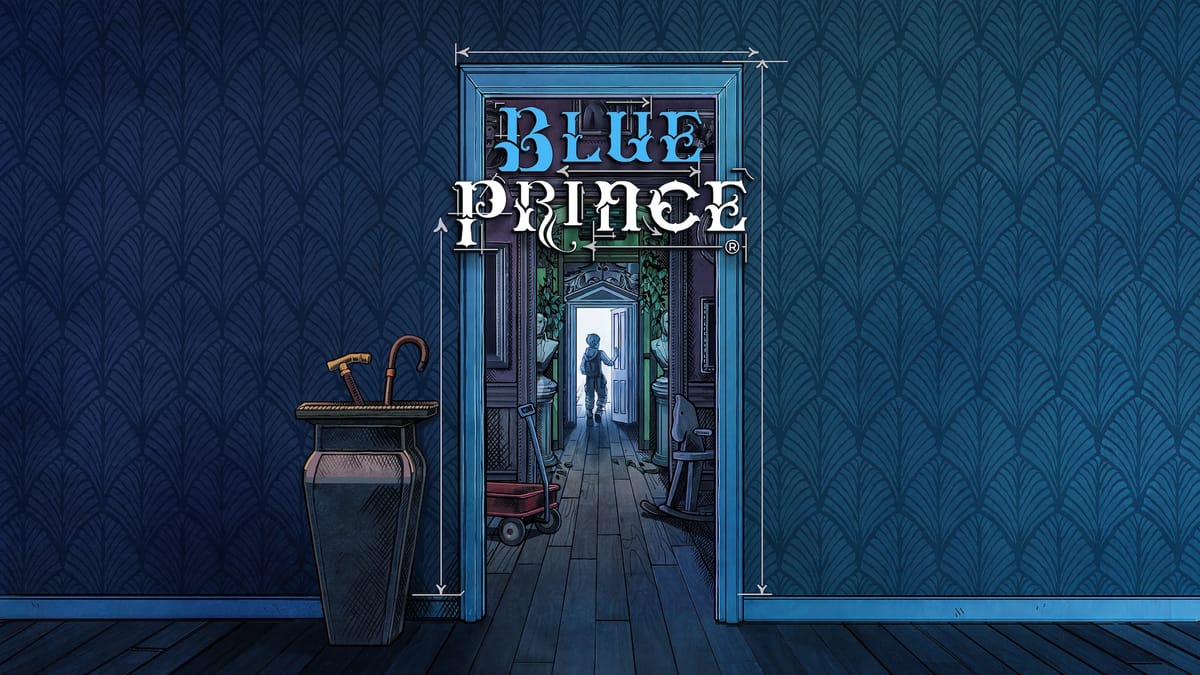
Videogames produce mindsets. In requiring the player to proceed through a layer of interactivity, games institute certain patterns of thought necessary for progression. In a platformer, the patterns of thought may be quite simple: see obstacle, jump over it. In a racing game, it may be more nuanced: which path of all the paths is the most efficient, and how do I achieve it. In an action game, it may be more conditional: if enemy X produces attack Y, then proceed with input Z. All of this is to say, playing a videogame very often feels like a kind of cognitive behavioral therapy: training the brain to seek out new patterns of understanding and reacting to the world.
Which is why, as I round out the first half of my 30s, I’m beginning to think less about how much time it takes to complete a game and more about whether I like the mindset it inculcates.
I realized it was time for me to step away from Blue Prince when my notes started to look like those of my novel revision.
Blue Prince, a roguelite puzzle game, requires you to take notes as you play it in order to progress. In essence, the game is about moving through a randomized manor, solving puzzles that involve information and mechanics drawn from various rooms that you place like tiles in a boardgame. If you are not gifted with a photographic memory, then you will need to write things down—and even if you are, I bet you’ll still have to keep a notebook. It is, in some ways, the newest entry in the burgeoning Metroidbrainia genre, which I am on record as not really loving. But the zeitgeist got me again, and once again I found myself trying a game that I knew I would probably not enjoy.
Except, this time, I did. I really, really did.
My first few runs through the game produced a mixture of intrigue and confusion. Between the reviews I’d read and in-game messages encouraging me to take notes, I approached my first few hours deliberately keeping myself open to discovery, which the game very clearly wished me to do. My early notes were not ultimately very helpful toward my goal of reaching Room 46, which is the game’s primary (though not ultimate) objective. Still, a letter from my uncle bid me find it, and so, laying down room after room on top of the semi-titular blueprints, I set out to learn about the manor, not necessarily to solve it.
This last point, I think, is why Blue Prince resonated with me more than last year’s Animal Well. Whereas with that game, I felt like I was being asked to pore over a text with a singular, hidden answer, Blue Prince seemed designed to not only deliver more ah-ha moments earlier on, but to provide multiple avenues by which to discover them. There were so many things to discover, especially in the early game, and so many ways by which to discover them that it felt less like being asked for an answer and more like being asked to amass a body of evidence. Put another way, if playing Animal Well felt like deciphering a poem for “hidden meaning,” playing Blue Prince felt like assembling research for a book.
Looking back, I would say that my favorite moments with Blue Prince were somewhere around the eight to ten hour mark. My understanding of the game had grown by that point, but it hadn’t yet reached a point where I was singularly focused on one objective, as I would feel later on before hitting the credits. During this stretch of time, though, I found myself pursuing multiple threads at once, learning a bit more about one puzzle while failing to solve another. There was a pleasant liminality to the game at that point as I alternated between discovery and solution. I didn’t quite feel like I had a full grasp on what I was doing, but neither did I feel like I had too little to go on. In terms of the mindset it had instilled, I felt as though I were in a place of perpetual curiosity, being rewarded for every small thing I might notice along the way. There was the sense of being in the midst of something, and, moreover, something quite special.
Eventually, I reached Room 46, which is the condition required to roll credits on Blue Prince. However, as many players will tell you, this is more like the beginning of the game than the end of it. There are many, many, many more mysteries beyond that goalpost, some of which I had started to figure out on my way to Room 46. But, reaching that stage after 20 hours, I decided to step away from the game. Not because I wasn’t enjoying the game anymore—I was—but because I was wary of the kind of enjoyment it was producing in me.
I recently finished a full revision of my novel manuscript and passed it on to my agent. (Wish me luck—there are many vectors for rejection ahead.) The process of revision for me involved the rereading of the entire text, taking granular notes on individual scenes and chapters, as well as larger scale notes on how the project was functioning as a whole (or, more typically, not functioning as a whole). During this portion of the revision process, I chose to not edit or revise in any way as I read the project, focusing my entire attention on the act of noticing. What arises in my mind as I read, without any effort put toward changing the text? What do I see when I approach the novel as a reader and not as its writer?
In the writing world, I would be known as a pantser. There’s a degree to which I think the plotter/pantser divide is a bit overstated (writing, I think, is always an act of discovery, no matter how much preplanning you do, or don’t do), but that’s a topic for another day. What is pertinent here is that Blue Prince reminded me of what it felt like to reread my own novel, seeking out patterns that could be exploited toward greater ends.
Every initial playthrough of Blue Prince is like encountering a text in need of assemblage. What I mean by this is, most of the details you need to begin to solve its many mysteries are all there from the get-go, but it is up to you to begin to assemble those details into a recognizable whole. You will likely notice on the first day, in the first room, that there are two paintings on the wall, but because you do not yet know what to do with those paintings, they will seem like simple set dressing. It’s only later that you realize how to understand them, and what to do with that understanding.
My own experience with writing a novel was similar to this. I had a general sense of the story I wanted to tell—my Room 46, if you will—but I didn’t yet know how to get there. As I began to write, I threw away countless pieces of writing that didn’t end up paying off. Often, this was because they became superfluous to the book’s actual plot and themes, which I only discovered by dint of writing them. It’s a strange process: You must write to know what you want to write. Likewise, in Blue Prince, you must take notes in order to know what it is you’re taking notes about.
As I turn in my novel to my agent, I am far from the endgame of that project, if it does indeed go anywhere but my MacBook. The level of obsession it required to get to this stage was not insignificant. To write a book is to care about the particulars over a long period of time. To finish a book is to care about those particulars on an even deeper level—to sharpen, to expand, to cut, to revise. It is time-consuming to be this obsessed with a particular thing. Which is why, seeing what was ahead of me in Blue Prince, I knew I didn’t have the space in my mind for both.
Blue Prince works not only because it rewards curiosity, but because it rewards obsession. Though one can undoubtedly get fixated on the wrong thing, in my experience, paying attention to any one aspect of Blue Prince will ultimately pay off. Be it the chess pieces you find in each room, the letters you find strewn throughout the house, the names of the people who wrote those letters, or the means by which they wrote them, you will eventually find a use for that information. As anyone who has played the game will tell you, there is an almost unparalleled joy in that moment of realization, where you connect one note to another, try something new, and are rewarded with a fresh tangent to chase down. It’s electrifying, frankly, which accounts for why people are spending dozens if not hundreds of hours with this game. Blue Prince is an obsession simulator, yes, but more importantly, it’s a validation simulator, too.
It’s a funny thing to say, but the reason I moved on from Blue Prince was because it was too good at enticing and validating my own curiosity. Though I had started to uncover a few of its larger mysteries by the time I rolled credits, and even had a sense of where I might start looking for solutions to them, I made a personal choice to step away from the game to preserve this level of obsession for other areas of my life. My novel, yes, but also my training as a runner, which I still somehow spent less time on than I spent on Blue Prince. I think Blue Prince is a compelling game, but I also think that one should be wary of it if one is trying to preserve their obsession for other endeavors.
On its face, there is nothing wrong with playing a game for more than 100 hours if you enjoy your time with it. Truly, there are worse ways to spend a life, and I mean that. Still, I think we have to be awake to the mindsets that games produce in us, and whether we are okay with our energies being used in such simulations. Because, simulated or no, it is still our life that we are living as we play.
I’ve drawn the connection here between my experience playing Blue Prince and my experience writing a novel, but I want to go a step further. Moment to moment, playing Blue Prince was more rewarding than writing my book. Again, I mean that. This is, of course, by design. It’s a game, after all. It’s meant to be enjoyable. But in providing a shortcut to that feeling of validation, I found that I had less mental space for my other obsessions. Like a lot of people, thinking about Blue Prince became a game unto itself. The game stretched beyond the boundaries of my time spent with a controller and into my daily life. On the one hand, that’s an incredible feeling. On the other, that space had previously been reserved for my creative work. Where once I would wake in the middle of the night and write down a note about my book, now I was up at dawn thinking about rooms, their placement, and their contents.
Blue Prince challenges you to be patient, curious, and diligent, and it rewards you at almost every turn. It will validate the energy and thought you put into it in a way only a designed experience can. Perhaps, for you, this is heaven. For a little while, it was for me as well. But I found my limit. I found I needed to make space for my actual obsessive pursuits, and so I closed the door on Blue Prince. I loved its validation of my intellect, but I feared, if I didn’t leave the manor then, I might walk those halls forever.


